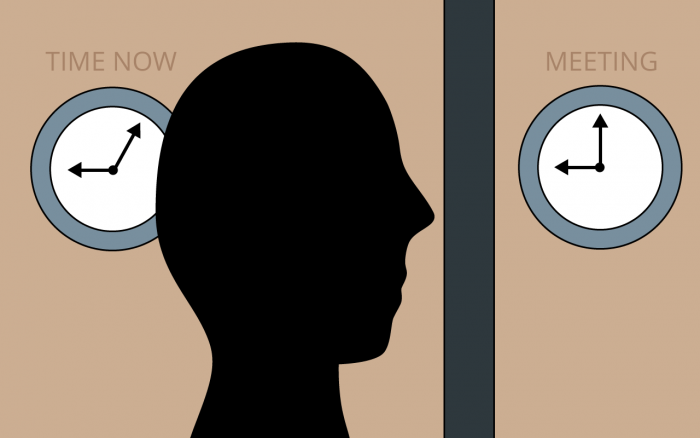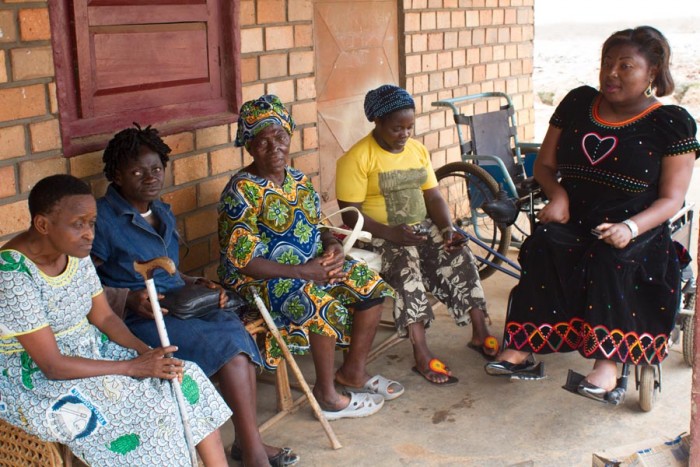June 20th, 2015 by Rachel | Tags: Peace Corps | No Comments »

A couple months ago, I arrived at a radio station at 9:50 AM, ten minutes before the show would start, to give a talk. At 9:59 AM, I was still the only one at the radio station. The radio show is supposed to start at 10 AM. I was about to call the radio host to see if the show was still going to happen, but then I decided to give another few minutes. At 10:03 AM, a man who I have never met before came in and said, “I’m the journalist for today. [The radio host] called me to give the talk today.” This man then walked out of the room. At that time, a replay of a previous show had already started running. At 10:12 AM, the same man came back in. We then began the show with just the two of us talking. At 10:24 AM, the man puts an intermission on and goes to the door to let three guest speakers from an organization in. We then start playing the radio again. At 10:32 AM, a blind man who has also been invited as a guest speaker enters in. At 10:40 AM, a woman with mobility disability who has also been invited as a guest speaker, enters in. The radio show ends at 11 AM, the usual time.
This is the reality of life in Cameroon. People do not follow time precisely. Cameroonians do not think about what’s ahead of them. They think about what it is happening at present. They take their time to do their activities without thinking about what they have coming up in the future. Meetings often start late as many people do not arrive on time. They don’t intentionally arrive late. They are often doing something before arriving at a meeting such as preparing a meal for their family or taking the time to talk to a vendor at a market or a friend whom they might run into on a street or finishing up their previous meeting. They are also often late because their bus waited too long to fill up with people or their car made too many stops to pick up and drop off people. Like many other places around the world, both culture and money do really influence how Cameroonians operate time.

Cameroonians with disability wait for other attendees to show up so that a meeting could begin.
Because Cameroon is a lower-middle economic country, being able to earn money is extremely important. Thus, drivers will pack as many people as they can in taxis and buses so they can maximize the amount of money they can earn to meet their end needs. Buses to other villages and cities often do not leave on time. In fact, many buses do not have a schedule of when they depart and arrive. One time, when I was taking a bus from a town back to Bamenda, the bus took a few hours longer to travel because it made so many stops along the way and took time to remove the bags from the top of the bus and put passengers bags on there. At another time, I sat in a very full bus for 30 minutes in a village because the bus driver wanted one more passenger to maximize the money he could make. The bus did finally leave once another passenger got on.
Another example is that Cameroonians are very communal and communicative which means that having meaningful relationships with family members, friends and neighbors are very important. When they run into someone who they know on the street, they like to take the time to chat about how they are doing. When they go to local markets, they and the vendors like to communicate with each other about their lives. They don’t always look at their watch and say, “I’m sorry but I have to get going to a meeting!” Spending quality of time in conversing is important to them.
